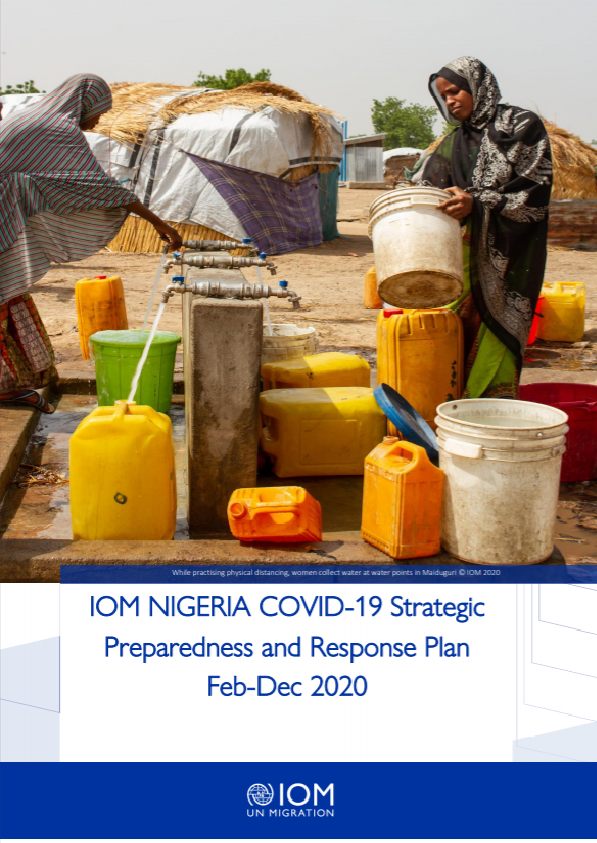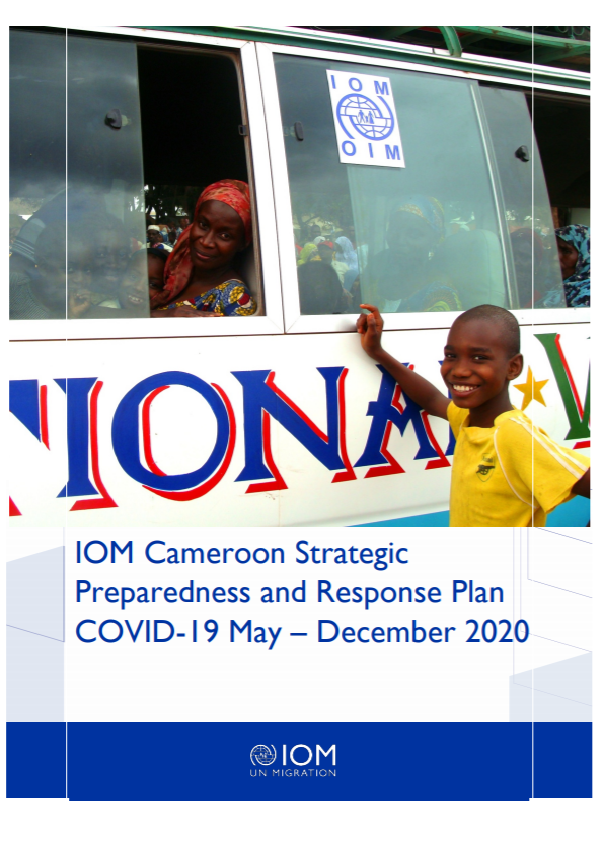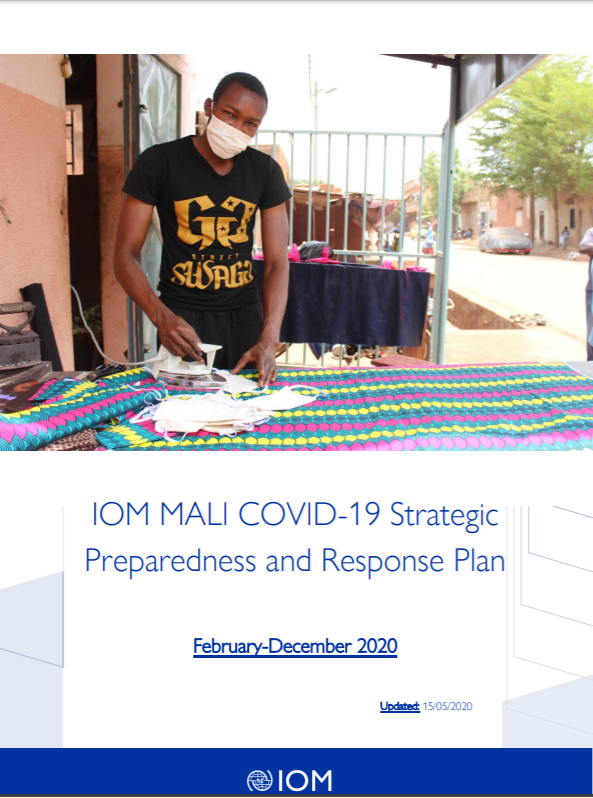Covid-19 Analytical Snapshot #14: Human Trafficking

The "COVID-19 Analytical Snapshot #14: Human trafficking" is designed to capture the latest information and analysis on Human trafficking in a fast-moving environment.
In this snapshot:
What is human trafficking?
Human trafficking, modern slavery and smuggling: What are the differences?
The impact of COVID-19 on victims of trafficking
United in the fight against COVID-19
Accrued risks of human trafficking due to the COVID-19 pandemic
Main types of exploitation
Country
Worldwide
Region
Worldwide
Year
2020
Category






